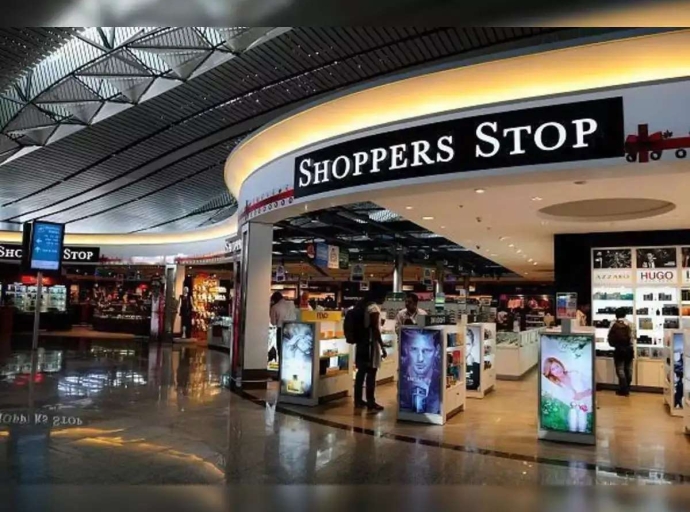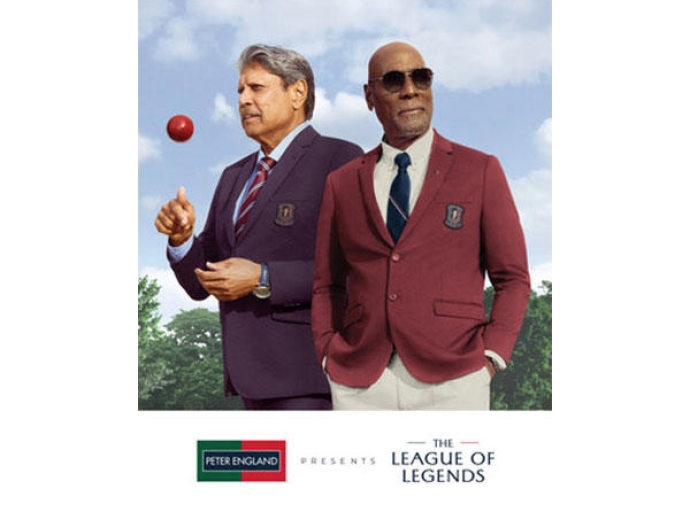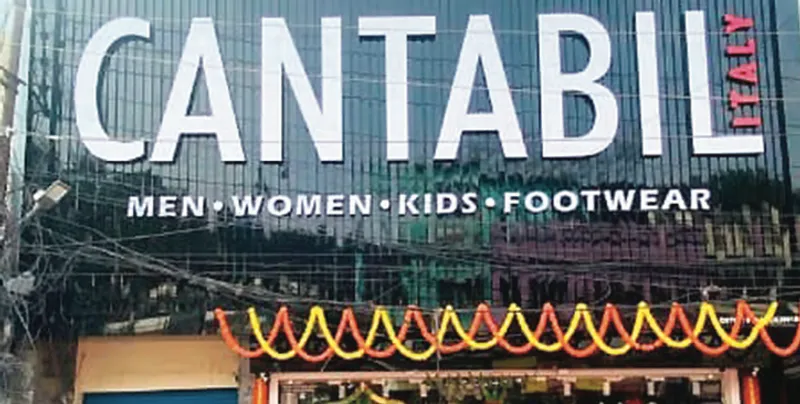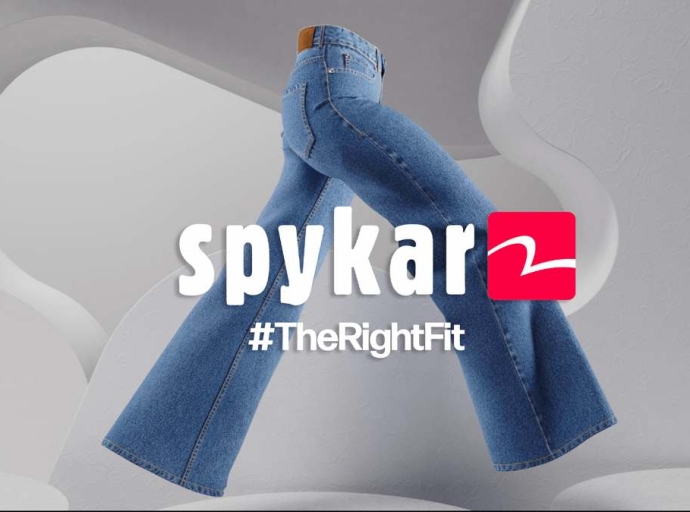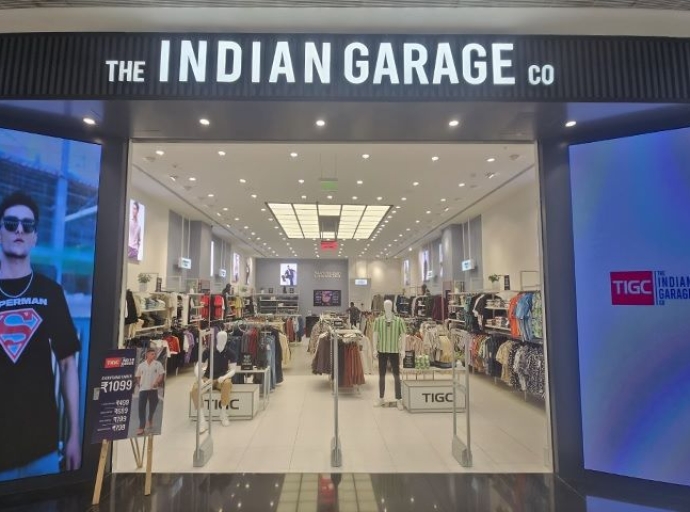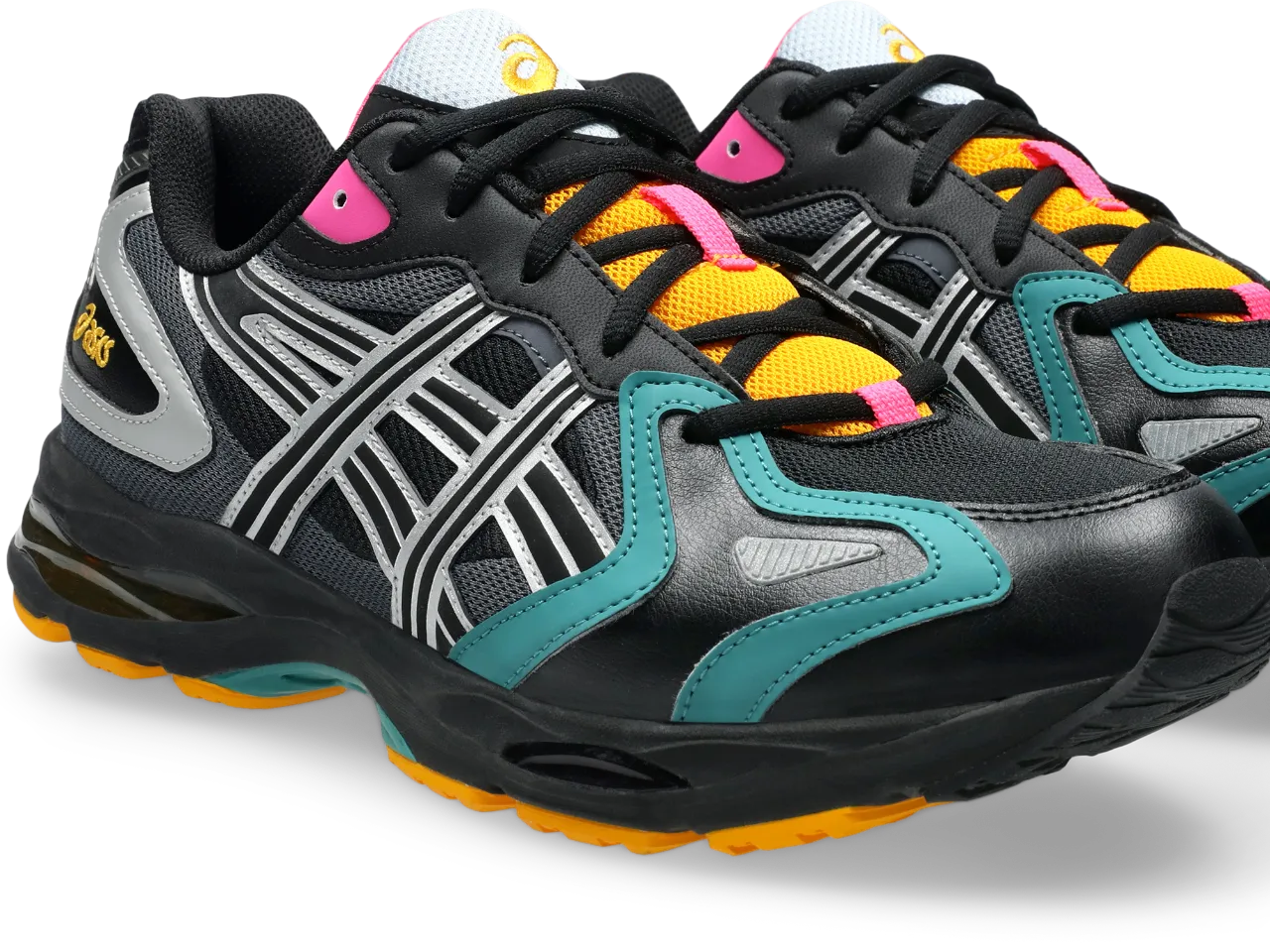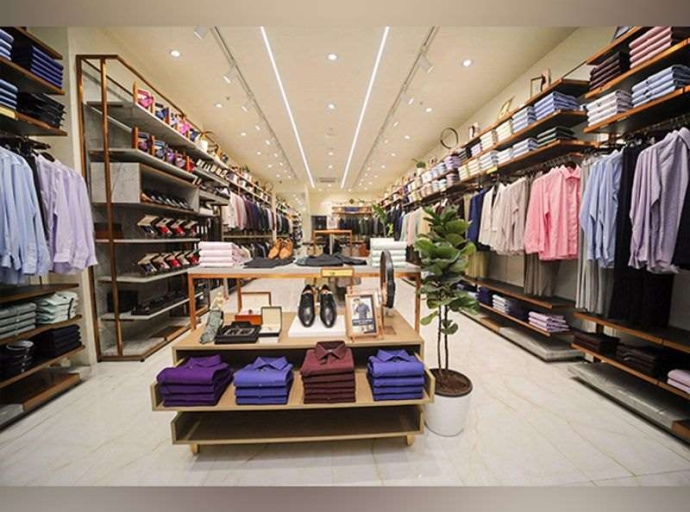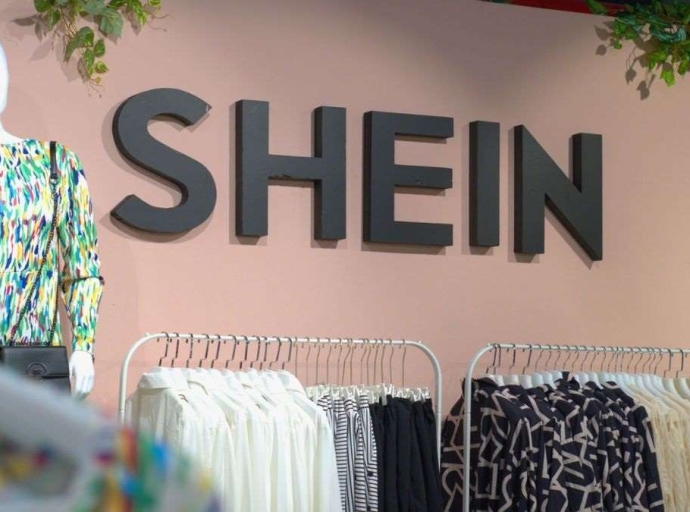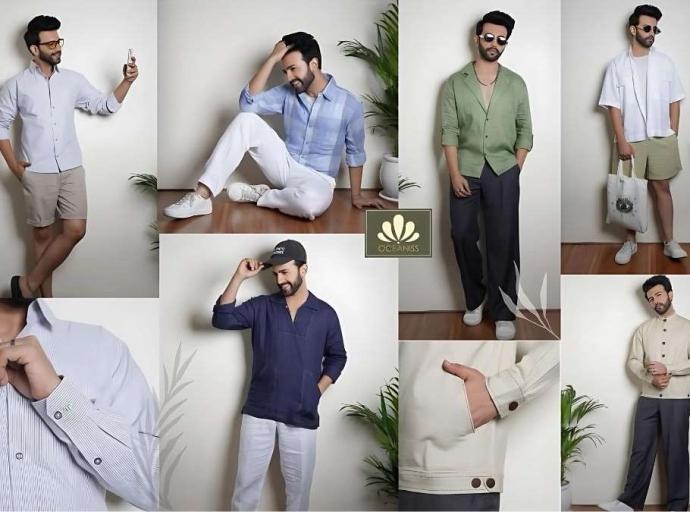The much-anticipated return of Chinese fast-fashion giant Shein in India, through a collaboration with Reliance Retail, is facing hurdles as escalating global trade tensions, particularly reciprocal tariffs between China and key markets, cast a shadow over its ambitious plans.
The original collaboration, inked after Shein's nearly five-year ban in India following a crackdown on Chinese apps, envisioned a mutually beneficial partnership. Reliance was to provide the infrastructural backbone for a locally hosted Shein app, while Shein pledged to integrate approximately 25,000 Indian Micro, Small, and Medium Enterprises (MSMEs) into its global supply chain, fostering export-oriented growth.
As per media reports, the initial plan was to leverage Reliance's extensive retail network and India's manufacturing potential to create a powerful synergy. Shein was committed to transferring technology and expertise, enabling Indian manufacturers to meet global standards. However, the current global trade scenario, with escalating tariffs and protectionist policies, is forcing a reassessment of these aspirations.
Impact of reciprocal tariffs
China's export-oriented manufacturing model, a cornerstone of Shein's global success, is now facing unprecedented challenges. Reciprocal tariffs imposed by the Us and the European Union, are disrupting established supply chains and increasing production costs.
Table: Selected reciprocal tariffs impacting textile & apparel
|
Country/Region
|
Target country
|
Average tariff increase (%)
|
Impact on textile/apparel
|
Source
|
|
United States
|
China
|
25-30%
|
Significant increase in import costs
|
U.S. Trade Representative
|
|
European Union
|
China
|
15-20%
|
Disruption of supply chains, cost escalation
|
European Commission
|
|
India
|
China
|
Varied, focused on specific items
|
Increased scrutiny and restrictions
|
Ministry of Commerce and Industry, India
|
Trade analysts say rising tariffs are creating a domino effect, impacting the entire supply chain. Manufacturing costs are rising and competitiveness of Chinese exports is being eroded. This directly affects Shein's ability to maintain its low-cost model.
Faced with these challenges, Shein is reportedly diversifying its sourcing and manufacturing bases, looking beyond China to mitigate risks. Southeast Asian countries, including Vietnam and Indonesia, are emerging as alternative production hubs. As a report from a global retail analysis firm said Shein is actively exploring alternative sourcing strategies to reduce its reliance on China. It is looking to establish a more resilient and diversified supply chain.
Shein's India foray
The challenges faced by China's manufacturing sector are impacting Shein's India plans. While the partnership with Reliance remains in place, the scale and scope of the original collaboration are being re-evaluated.
For example, the initial plan to integrate 25,000 Indian MSMEs into Shein's global supply chain is facing delays. There are concerns about quality control, compliance with global standards, and the ability of Indian manufacturers to meet Shein's rapid production cycles are being raised. The transfer of technology and expertise, initially a key component of the deal, is also being scrutinized due to intellectual property concerns and the need for stringent quality control.
Reports say, the original plan was ambitious, but the current global scenario necessitates a more cautious approach. Reliance Retail on its part is committed to the partnership, but they need to ensure that it is sustainable and mutually beneficial.
t's accurate that concerns surrounding technology transfer and the potential strengthening of India's supply chain model are indeed factors influencing the dynamics of the Shein-Reliance partnership. Here's a breakdown of those concerns, with supporting context:
Concerns regarding technology transfer
The buzz is that there are concerns around technology transfer and the potential strengthening of India's supply chain model and these factors are influencing the dynamics of the Shein-Reliance partnership.
IP rights and control: There's a degree of caution regarding the transfer of Shein's proprietary technology and operational processes. This stems from concerns about intellectual property protection and ensuring that sensitive information remains secure. The emphasis on Reliance Retail maintaining control of the Shein India platform, including data hosting, reflects this concern.
Quality control and standards: Ensuring that Indian manufacturers adhere to Shein's stringent quality control standards is a key consideration. The rapid pace of Shein's fast-fashion model requires a highly efficient and reliable supply chain. Implementing those standards through technology transfer raises concerns about how those standards will be upheld.
Concerns around strengthening India's supply chain: While the partnership aims to integrate Indian MSMEs into Shein's global supply chain, there's also a recognition that this could lead to the strengthening of India's domestic textile and apparel industry. This could, in the long term, create increased competition for global players, including Shein itself.
India's ‘Make in India’ initiative aims to boost domestic manufacturing and exports. The Shein partnership aligns with this goal, but it also raises questions about the extent to which Shein is willing to contribute to the development of a competitive Indian export-oriented supply chain.
Thus the long-term success of Shein in India hinges on its ability to navigate the complex global trade scenario. The company must balance its commitment to low prices with the need to build a resilient and diversified supply chain.
Experts point out, Shein’s success in India will depend on its ability to adapt to the changing global trade dynamics. It needs to build a robust local supply chain while also ensuring compliance with Indian regulations. Indeed, Shein's India story will be closely watched, serving as a litmus test for the challenges and opportunities facing multinational companies seeking to navigate the complexities of international commerce.


